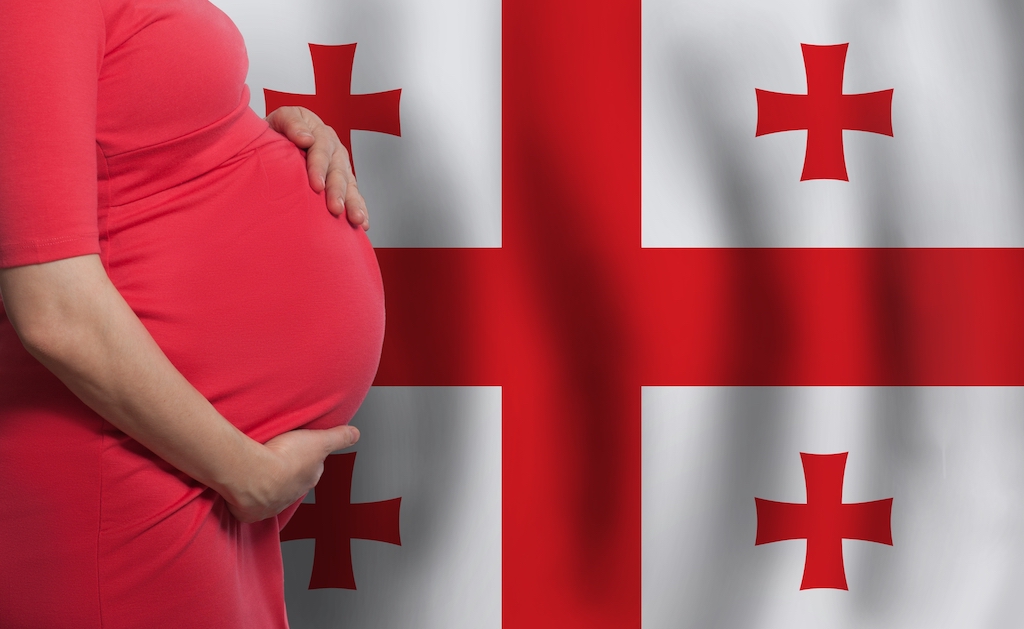 Photo Credit: Artmim/Shutterstock
Photo Credit: Artmim/Shutterstock
A former Democratic congressman, currently a candidate for the Georgia State Supreme Court, has filed a federal lawsuit alleging unconstitutional interference by a state agency preventing him from discussing abortion.
John Barrow initiated the lawsuit just ahead of a deadline to respond to a complaint accusing him of breaching state judicial ethics regulations and requiring him to align his campaign advertisements with state guidelines. The complaint, issued by the Georgia Judicial Qualifications Commission, alleges that Barrow is violating rules prohibiting judicial candidates from making commitments regarding potential rulings on issues likely to be presented before the court.
The ongoing nonpartisan election, set for May 21, features Barrow competing against Justice Andrew Pinson, who was appointed to the court by Republican Governor Brian Kemp in 2022. Barrow, facing an uphill battle, has placed abortion at the forefront of his campaign, contending that Georgia’s constitution affirms a right to abortion akin to the pre-2022 status of Roe v. Wade.
He asserts that Pinson, in his previous role as Georgia’s solicitor general, played a significant role in supporting the Mississippi case that led to the overturning of Roe v. Wade by the U.S. Supreme Court. Pinson, however, refrains from discussing issues directly, cautioning against politicizing judicial races, which could erode public trust in the impartiality of the judiciary. Barrow argues that the attempts to silence him violate his First Amendment right to free speech and his 14th Amendment right to equal protection, citing a 2002 U.S. Supreme Court ruling.
The Judicial Qualifications Commission asserts that its regulations do not contravene this ruling, accusing Barrow of overstepping boundaries by failing to emphasize a judge’s duty to uphold the law and by making commitments on issues. Pinson’s spokesperson criticizes Barrow’s tactics, accusing him of seeking to politicize judicial races and undermine confidence in impartial courts.
The increasing politicization of state supreme court races nationwide, exemplified by recent contests in Wisconsin, raises concerns among legal professionals in Georgia, who advocate for nonpartisan judiciaries. Former state Supreme Court justices, state bar presidents, and Judicial Qualifications Commission officials caution against judges making public commitments on case decisions, emphasizing the importance of upholding the rule of law above personal preferences or campaign promises.


















